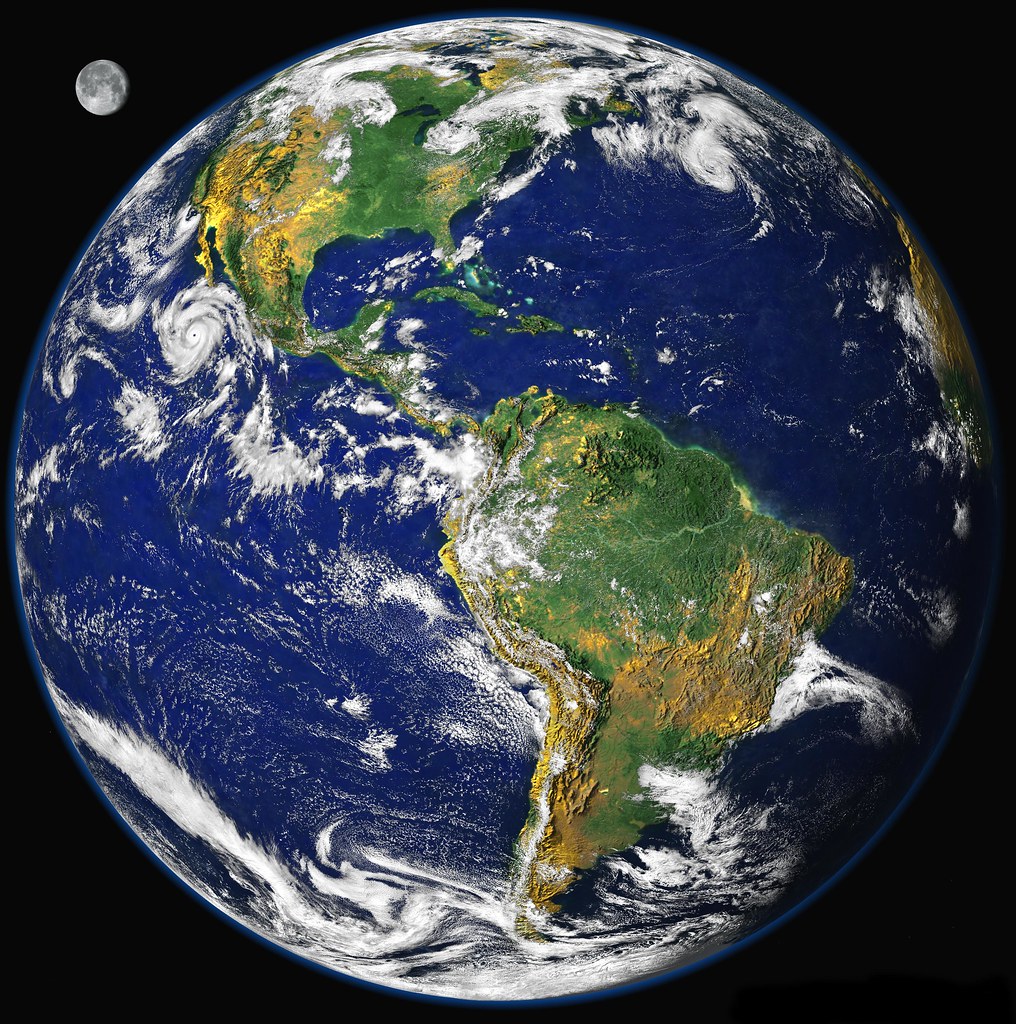Article
Suicide in Canada
This article contains sensitive material that may not be suitable for all audiences. To reach the Canada Suicide Prevention Service, contact 1-833-456-4566. Suicide is the act of taking one’s own life voluntarily and intentionally. Suicide was decriminalized in Canada in 1972. Physician-assisted suicide was decriminalized in 2015. Suicide is among the leading causes of death in Canada, particularly among men. On average, approximately 4,000 Canadians die by suicide every year — about 11 suicides per 100,000 people in Canada. This rate is higher for men and among Indigenous communities. Suicide is usually the result of a combination of factors; these can include addiction and mental illness (especially depression), physical deterioration, financial difficulties, marriage breakdown and lack of social and medical support.








